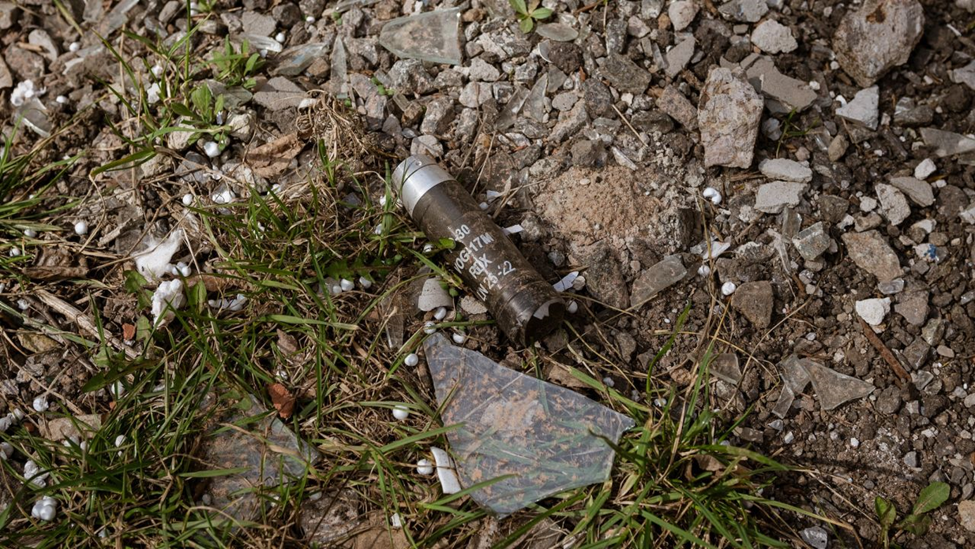By Gladys Fred Kole
South Sudan acceded to the Cluster Munitions Global Ban, becoming the 112th State Party to the International Treaty.
In a statement seen by this outlet, Human Rights Watch said South Sudan had agreed to the International Convention on Cluster Munitions on August 3, 2023.
Arms acting director at Human Rights Watch and chair of the Cluster Munitions Coalition, Mary Wareham said by banning cluster bombs, the country is taking an important step to strengthen international peace and security.
“Other countries should follow South Sudan’s example because preventing new use of cluster munitions is a humanitarian and human rights imperative,” Mary said.
Cluster munitions can be fired from the ground by artillery, rockets, missiles, and mortar projectiles, or dropped by aircraft. They typically open in the air, dispersing multiple bomblets or sub-munitions over a wide area.
Many sub-munitions fail to explode on initial impact, leaving bomblets that pose a long-lasting danger, like landmines.
The National Assembly approved a proposal to accede to the 2008 Convention on Cluster Munitions on May 9. South Sudan deposited the instrument of accession with the United Nations on August 3, 2023, according to Human Rights Watch.
The convention comprehensively bans cluster munitions and requires state parties to destroy their stockpiles, clear areas contaminated by cluster munition remnants, and provide assistance to victims of the weapons.
Mary said clearing landmines and explosive remnants of war is a critical way to help many Africans achieve safety and security in their daily lives.
“With this accession, we hope that South Sudan receives greater support to continue its clearance and destruction of cluster munition remnants, landmines, and other weapons used in past conflicts,” Mary noted.
South Sudan had conveyed concern about joining the convention since it became an independent state on July 9, 2011. The Council of Ministers unanimously approved South Sudan’s accession to the convention in 2017 and referred the matter to parliament for legislative approval.
However, the country has participated as an observer at formal meetings of the convention since 2011.
It joined the international treaty banning antipersonnel landmines on November 11, 2011, through the process of “succession” after gaining its independence from Sudan.
It provided voluntary transparency reports to the convention in 2020 and 2021, confirming that it does not possess any stocks of cluster munitions. In 2014, South Sudan stated that it has not produced cluster munitions and does not intend to acquire or use them.
The Human Rights Watch stated that there have been no reports or allegations of South Sudanese government forces using cluster munitions, but the country is contaminated from air-dropped and ground-launched cluster munition remnants left over from previous conflicts.
Human Rights Watch reported in February 2014 that remnants of Soviet-era RBK 250-275 cluster bombs, including intact AO-1SCh sub-munitions, were found outside the city of Bor in Jonglei state, after airstrikes by Ugandan forces, which were providing air support to the South Sudan government during a military operation against opposition forces.
But Uganda – a signatory to the convention – denied that it had used cluster munitions.
The rights group urged the National Mine Action Authority of South Sudan should step up its efforts to clear cluster munition remnants and to assist victims of the weapons.
Eight of the signatory countries that have not ratified the convention are in Africa: Angola, Central African Republic, Democratic Republic of Congo, Djibouti, Kenya, Liberia, Tanzania, and Uganda. The others are Cyprus, Haiti, Indonesia, and Jamaica.
Ten other countries in Africa have not joined the convention: Algeria, Egypt, Equatorial Guinea, Eritrea, Ethiopia, Gabon, Libya, Morocco, Sudan, and Zimbabwe.




